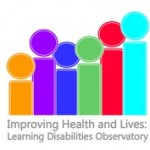
We have posted previously about the use of physical interventions in services for people with learning disabilities and challenging behavioiur, with BILD estimating their use in around half of all people with learning disabilities and challenging behaviour. (BILD link). The researchers in this organisational case study were interested in whether the adoption of organisation-wide positive [read the full story…]








